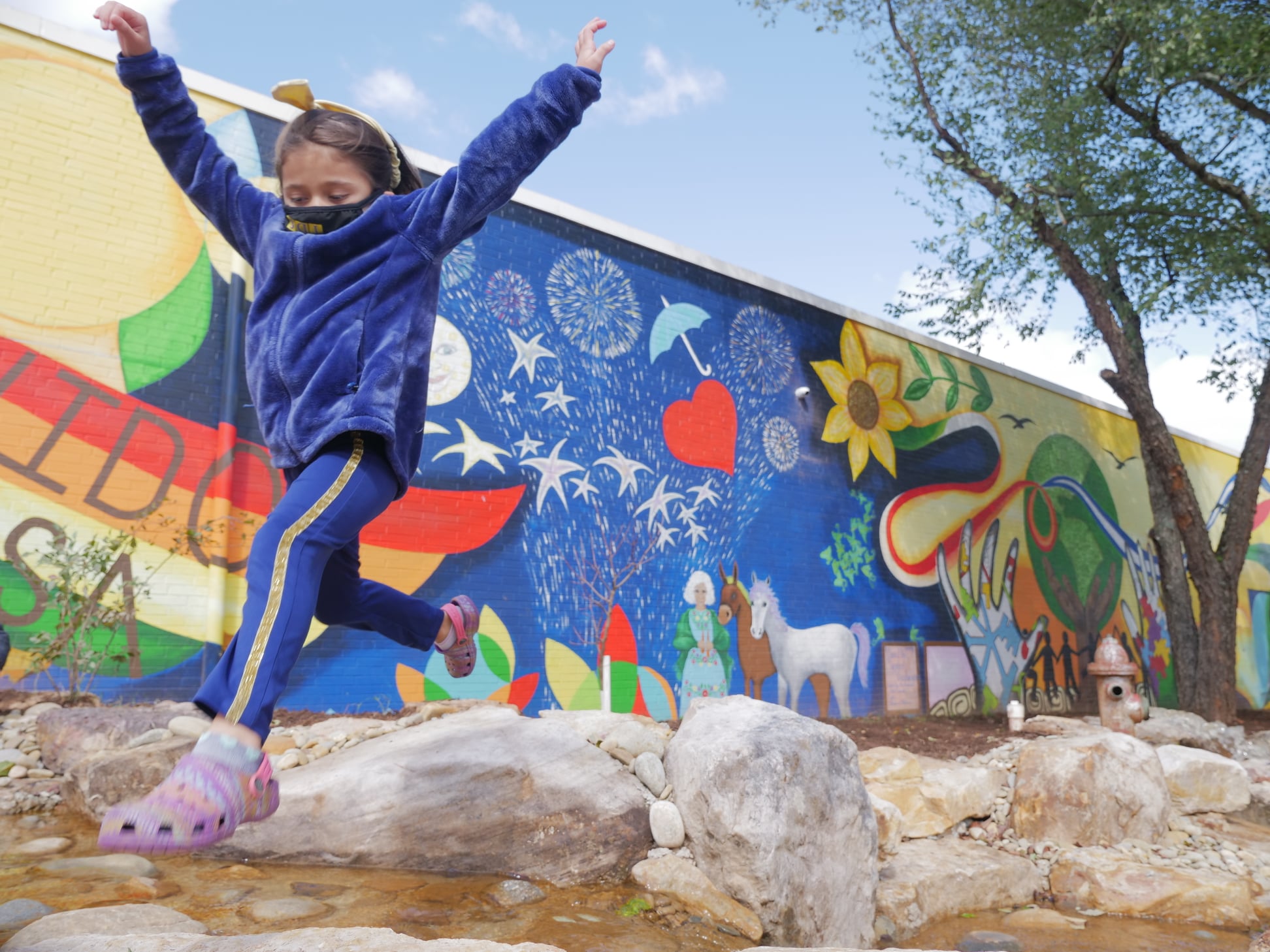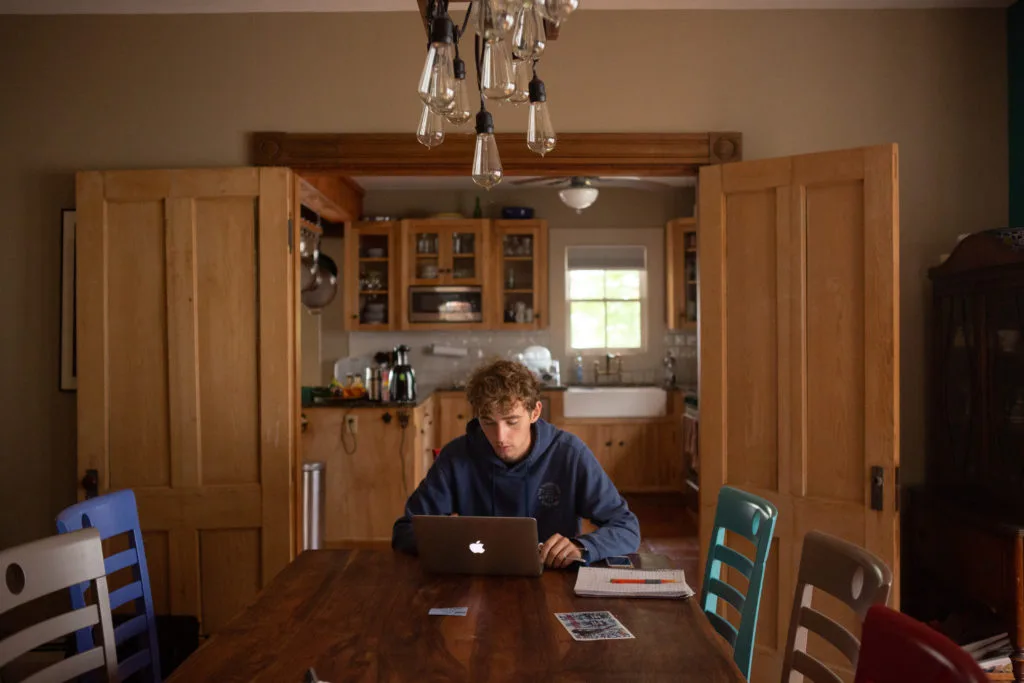Resources to improve your skills as a parent or caregiver :: WRAL.com
3 min read
This article was written for our sponsor, Children’s Home Society of North Carolina.
Most every parent and caregiver have their child’s best interest in mind. Still, raising a child comes with a fair set of challenges, and with conflicting suggestions on the best parenting styles, many adults may doubt if they’re doing a good job.
Fortunately, there are options available locally to help all caregivers succeed.
“It’s important to remember that education and training resources can benefit anyone,” said Brenda deLaet, program supervisor at the Children’s Home Society of North Carolina. “They should not be seen as relevant only if you’re having challenges.”
From classes and programs to community support, here are a few helpful resources to consult throughout your parenting or caregiving journey.
Parenting classes
Parenting classes will help you support children through all their developmental stages and are often available locally or online. At the Children’s Home Society, the parenting classes offered also give participants the chance to meet individually with a specialist. Topics covered include everything from support for parents who don’t reside together to specific foster parent training.
The classes are for “anyone who would like to learn more about how to have healthy relationships with the children in their lives,” said Sebrina Cooke-Davis, CHS parent education program director. That includes biological parents, aunts and uncles, grandparents, foster parents and so on.
Specialized programs
Sometimes, the problems that occur in a household can be addressed through a specific program. Thanks to the wide reach of the internet, it’s easier than ever for parents and caregivers to find the programs they’re looking for.
On a more local level, Children’s Home Society of North Carolina offers a number of specialized programs.
“Children’s Home Society of North Carolina believes in the power of education to improve child and family wellbeing,” said deLaet.
These programs include:
- HealthyStep, which offers information and support during the first few years of a child’s life by offering guidance on things such as feeding, behavior, and adjusting to life with a small child.
- Wise Guys, which engages teen males as they consider their values and goals and prepares them to make healthy choices in their relationships.
- Parenting Under Two Roofs, which helps divorced or never-married parents cooperate and protect their children from conflict.
- Foster Parent Training, which offers classes, personalized support, and education for the fostering experience.
- Child-Focused Recruitment, which connects children in foster care to extended families, building relationships between children and past connections.
- Post-Adoption Services, which continually support adoptees, adoptive families, and birth parents.
Community support
Many caregivers are happy to share the knowledge they’ve gained from having children in the house, whether it’s where to find local dance classes or child-focused dentists, or how they’ve encouraged children to do chores or handle stress at school.
“Parenting can be a bit isolating, so it’s important to figure out a way to connect with other parents and talk to other parents,” said Cooke-Davis. “Word of mouth is a great tool amongst parents and caregivers.”
You can also get ideas and offer your experiences by attending support groups. Hearing from those going through similar experiences and sharing your journey can help you to feel less alone during difficult times.
“There are support groups in the community that really strengthen that network of parenting where you have a like-minded commonality in a particular group,” said Cooke-Davis. “That is a really good place to start.”
Celebrate successes and learn from mistakes
Taking care of children can be tough, and there is no such thing as a perfect parent.
“Parenting and caregiving is really on-the-job training,” said Cooke-Davis. “Children don’t come with any types of instruction at all, so we are all trying to learn as much as we can about how best to parent.”
This article was written for our sponsor, Children’s Home Society of North Carolina.


